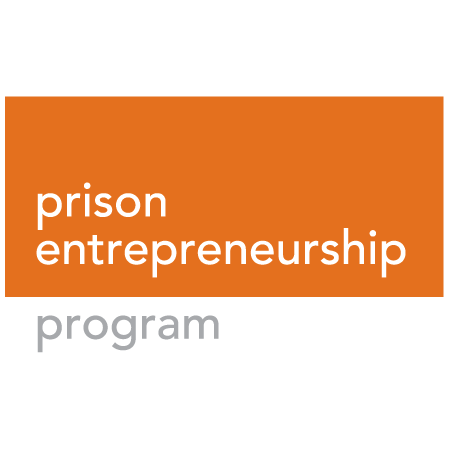Building a Foundation for Success
The Prison Entrepreneurship Program (PEP) offers a comprehensive business education designed to equip incarcerated individuals with the skills needed to succeed upon release. This curriculum, often referred to as a mini-MBA, provides participants with practical knowledge and hands-on experience in business development.
Curriculum Structure
PEP’s business curriculum spans several months and includes:
- Entrepreneurship Education: Participants engage in coursework covering business planning, marketing, operations, and financial literacy.
- Character Development: The program places strong emphasis on leadership, accountability, and ethical decision-making.
- Business Plan Competition: Participants develop real business plans and present them to a panel of executives and volunteer judges, simulating a startup pitch experience.
Real-World Application
Throughout the program, participants work closely with volunteer mentors and business professionals. These relationships help refine their business ideas and prepare them for real-world execution. By the time they complete the program, participants have created detailed business models and gained the confidence to pursue them after release.
Impact and Outcomes
PEP’s business curriculum produces measurable success:
- Employment: Nearly all graduates secure employment within 90 days of release.
- Entrepreneurship: More than 500 businesses have been launched by alumni.
- Recidivism: PEP maintains a three-year recidivism rate of less than 7 percent, far below state and national averages.
These results show that business education, when paired with mentorship and character development, is a powerful tool for reentry success.
Conclusion
PEP’s business curriculum does more than teach entrepreneurship. It prepares individuals to lead with integrity, think critically, and build something meaningful. Inside prison, it is a classroom. After release, it becomes a blueprint for freedom.

